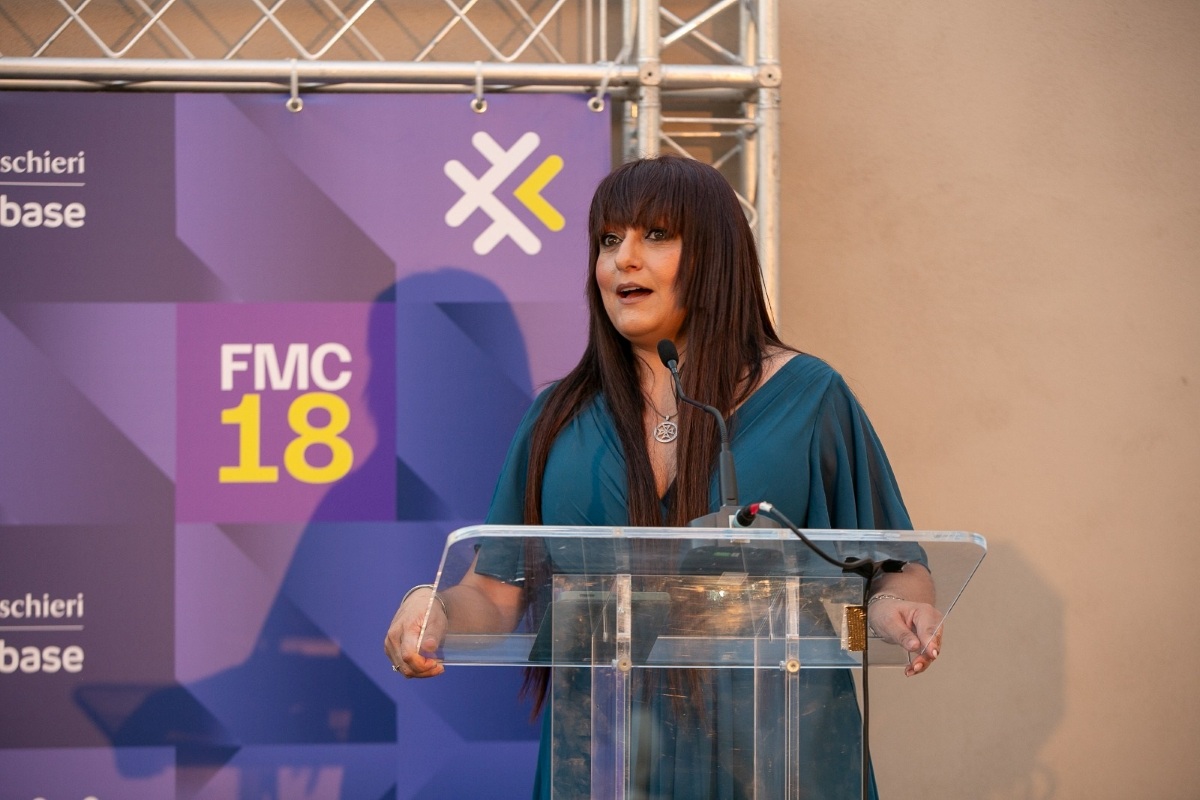During the COVID-19 pandemic, companies had to quickly adapt to ensure employees could continue working while being confined to their homes. Remote work became a popular solution. Many embraced it, appreciating the elimination of commutes and the increased flexibility. Even after the pandemic subsided, some employees continued to prefer working from home due to the improved work-life balance it offered. Companies responded by offering hybrid work models, recognising the benefits of this approach.
However, data from Deputy shows that remote employees are 33 per cent less likely to feel productive working collaboratively compared to their onsite or hybrid counterparts, challenging the effectiveness of traditional office models.
To explore this, MaltaCEOs.mt reached out to three executive coaches, Karl Grech, Mario Cassar, and Dragan Donkov for their insights on the challenges and opportunities of remote work. Here’s what they had to say:
Can remote workers grow in their field without in-person mentorship?
Mr Donkov acknowledged that “remote work presents challenges in professional growth, but there are strategies to overcome these obstacles. Working from home forces an adaptation of traditional on-the-job training models, particularly in how managers and leaders plan the progression of team members. Remote workers as well, need to be more intentional about their professional development. Structured virtual coaching and mentoring programmes have proven effective. These programmes can be implemented both from within and outside the organisation to provide a broader perspective. Additionally, professional online communities and industry-specific webinars offer valuable learning opportunities.”

Mr Grech agreed, noting that while some studies suggest remote workers can be equally or more motivated than those in traditional office settings, remote work demands a different skill set. “Remote workers can continue to grow through online mentoring programmes, virtual training and development opportunities, networking in digital professional communities, self-directed learning, and online courses, as well as one-on-one coaching,” he added.
Mr Cassar highlighted that many employees, particularly Millennials and Gen Z, value employers who offer flexible work arrangements, including the option to work remotely. However, he pointed out that this preference can create challenges, especially when their managers, who are often from older generations, may be less adaptable to these new working arrangements.
Do you support fully remote work, and why?
Both Mr Grech and Mr Donkov expressed a preference for hybrid models, citing the balance it offers between work and personal life balance. The latter elaborated by saying that “remote work requires discipline, strong communication skills, and solid support from employers.”
Mr Cassar emphasised the importance of communication, saying that “communication is key and therefore leaders and managers need to ensure that they have a communication strategy in place to ensure that their teams are fully in the picture and involved… there is no one fits all solution, but the fundamental principle is that organizations, more than ever, need to structure themselves to be able to communicate effectively within this changing environment creating greater transparency.

“They need to revise their rules of engagement and fashion them to be able to support the new work arrangements. Importantly, this cannot be done in a haphazard manner: leaders must strategize and manage the necessary organizational changes.” He continued by saying that “working remotely (or in a hybrid manner) can provide for making work more autonomous. But autonomy does not mean independence and organisations need to create those systems, channels and resources to support the employee’s engagement and professional growth.”
Should companies offering fully remote work still engage employees physically through in-person meetings and team-building activities?
Both Mr Donkov and Mr Grech agreed that occasionally hosting in-person events and meetings is a valuable way to boost engagement and trust, as they can be valuable for building relationships, fostering company culture, and enhancing collaboration.
“If you want your teams to be engaged, you have to make their work engaging” – Do you agree? How can companies make work more engaging for employees?
Mr Donkov pointed out that not all work will be engaging, and some tasks will inevitably be routine. Mr Grech agreed with this statement, noting that “mundane environments can negatively affect motivation. Companies can make work more engaging by offering challenging and meaningful projects, providing opportunities for skill development, implementing gamification elements, encouraging creativity and innovation, and recognising and rewarding good performance.
Should companies consult employees on strategic and operational issues to make them feel part of the solution?

Mr Grech and Mr Donkov agreed wholeheartedly that involving employees in strategic and operational discussions helps both the company and its workforce. “It provides the company with more data and potentially fresh perspectives on the challenges they face. When employees feel their opinions are valued, they are more likely to be engaged, committed, and aligned with the company’s goals. This inclusion will give a sense of ownership and accountability, leading to better morale and possibly more innovative solutions”, elaborated Mr Donkov.
What are the most effective ways to boost team morale and motivation? Are Maltese companies doing enough?
Mr Grech several effective ways to boost team morale and motivation, including “regular recognition and appreciation, clear communication and transparency (through different channels available to the organisation), professional development opportunities, work-life balance initiatives and team-building activities.”
Mr Donkov highlighted that the key ingredients for high team morale and motivation are “trust, safety, feedback and recognition, clarity, and respect. When these needs are met, along with adequate pay, employees can focus on being productive and contributing to the company’s overall success. In some industries, these conditions are well understood, and there has been significant progress over the past 10 years.”
He pointed out an issue with local companies, saying that there is a misalignment between company values and leadership actions, adding that “this often puts employees in moral dilemmas, causing them to lose their sense of belonging to the organisation. Some companies tend to prioritise productivity and outcomes at the expense of employee engagement. There is room for improvement in recognising and valuing each employee as a whole person.”
Overall, while Maltese companies have made strides in adapting to remote work, challenges remain in keeping remote workers motivated and engaged Insights from industry experts suggest that a hybrid approach, combined with effective communication, structured mentoring, and occasional in-person interactions, can help bridge the gap.
To truly thrive in a remote or hybrid work environment, companies must focus on creating a supportive culture that values employee engagement, professional growth, and clear communication. By addressing these areas, Maltese companies can better align their strategies with the evolving needs of their workforce, ultimately leading to greater productivity and job satisfaction.
August Moon Ball returns at Verdala Castle
The event is taking place on 9th August 2025 from 7pm onwards.
‘A truly environmental legacy’ – FinanceMalta COO on tree-planting initiative
The public-private company is an initiative set up to promote Malta as an International Financial Centre.
Malta’s CEOs largely shrug off impact of US trade tariffs
Most CEOs share a cautiously optimistic six-month outlook.
Foreign investment in The Plaza ‘a strong vote of confidence’ – CEO
Virgata Group have acquired a 5.95% stake in Malta's first shopping complex









